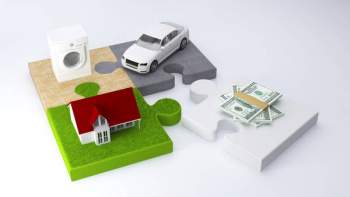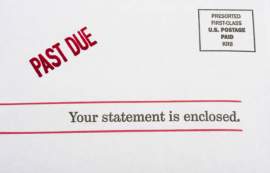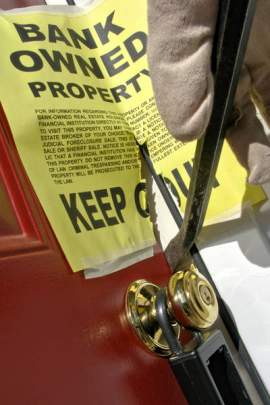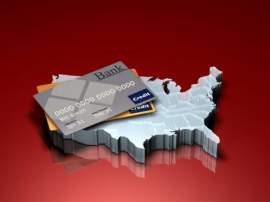
What you must know about Car Repossession

What does Repossession mean?
Repossession refers to an act where a financial institution or lender takes back an object or asset that was either used as collateral, rented, leased or finance in a transaction. Repossession, or repo, is a type of action where the party who possesses the right of ownership over the underlying property takes the asset back from the individual or business who assumed the right of possession.
The act of repossessing an item is typically instituted when the party possessing the property or asset fails to meet the repayment obligations outlined in the initial purchasing agreement. For example, if you were to finance or lease a car and agreed to the monthly payments, which are set at a fixed rate, but failed to meet the repayment schedule, the dealership or manufacturer of the automobile would come to your place of residence or employment and take the car back. That being said, repossession is typically not undertaken if the borrower or party who has the right of possession misses one payment, however, if the party habitually fails to pay-off the item, the lending institution or owner of the asset will usurp the underlying good.
Repossession is a “self-help” type of action because the original owner of the item—the institution that maintains the right of ownership until the asset is paid off—can assume ownership without invoking a court proceeding. When an item is repossessed, the property is then sold by either the financial institution or a 3rd party seller. The extent to which an institution can initiate repossession and the subsequent execution of the repossession will greatly vary based on jurisdiction.
What is Car Repossession?
Car repossession is one of the most prevalent forms of repossession in the United States. The act of repossessing a car is initiated by the dealer who sold the car to you. If you do not purchase the automobile in full you have invariably agreed to a payment plan where either the car is leased or financed. In either situation, at the time of the purchase agreement, you are required to meet the monthly payments attributed to your contract. If you fail to meet the terms of the loan or lease obligation the dealership or creditor possesses the authority to repo your automobile.
Car repossession occurs when the borrower or purchaser of a car lease or financing agreement is unable to make or refuses to satisfy their agreed-upon monthly payments. Car repossession laws vary by state, but in most instances, the creditor can repossess the car once you have defaulted on your payment. Default of payment will be outlined in the purchase contract that is affirmed at the time when the car is purchased. Furthermore, car repossession can also occur when the borrower or purchaser of the car is habitually late with their payments.
What is the Time Frame for Car Repossession?
Car repossession occurs when your creditor has deemed you in default of your contract; when this occurs they can legally repossess or take back the vehicle whenever they choose. To initiate this process the creditor will send a letter to your place of residence informing you of the car repossession. After a few days an agency or individual will come to your house or place of employment and physically remove your car. There are typically no rules against when, where and whether the agency can initiate the repossession.
Once the vehicle has been repossessed by the creditor, anything and everything in the vehicle is repossessed as well. Once the vehicle has been repossessed it belongs to the creditor. Furthermore, repossession is one of the worst marks you can have on your credit report; the act of repossession takes several years to be removed from your credit report.
After the car has been repossessed the creditor will sell it on the open market. Any money that the creditor gets for your vehicle will go towards your outstanding debt, however, if there is a remaining balance, you will be responsible for satisfying the makeup figure.



















